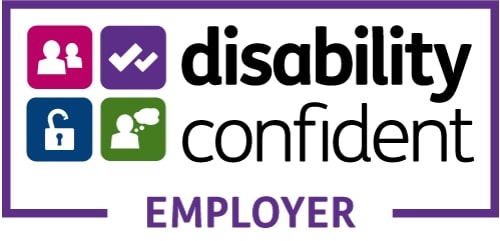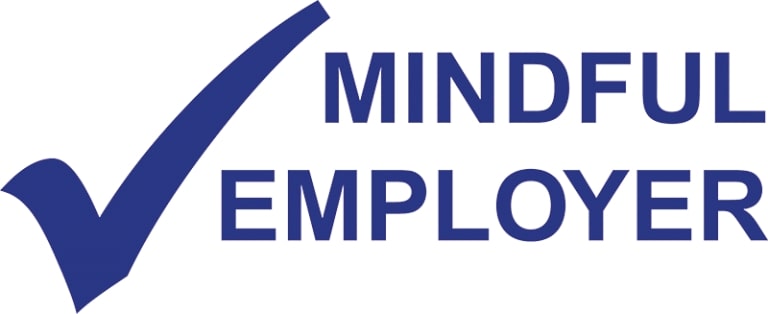What is antisocial behaviour?
We use the definition of antisocial behaviour set out in the Anti-social Behaviour, Crime and Policing Act 2014 which talks about conduct that has caused, or is likely to cause, harassment, alarm or distress, nuisance or annoyance to anyone.
However, these terms can be interpreted in different ways by different people, so we have listed below what we will and will not classify as antisocial behaviour, based on definitions set out by government agencies and the housing profession, so that customers are clear about what we mean by antisocial behaviour. If a report of antisocial behaviour does not meet our definition of such behaviour then we will open a breach of tenancy case on our housing management system.
Neighbour disputes, where two neighbours disagree about something can often become a source of distress and frustration, and it is common for both sides in a dispute to have done things to annoy the other person. However, such disputes are not classed as antisocial behaviour.
Issues we will classify as antisocial behaviour:
- Alcohol related incidents.
- Criminal behaviour.
- Drug use/substance misuse/drug dealing.
- Harassment/verbal abuse/threatening behaviour.
- Hate related incidents motivated by racial, sexual or other prejudices.
- Misuse of communal areas and public spaces.
- Modern slavery.
- Noise from domestic appliances, e.g. washing machines, vacuum cleaners, at unsociable hours (considered by local authorities to be between the hours of 11.00pm to 7.00am).
- Noise which is continuous and excessive.
- Nuisance from pets and animals which is continuous and excessive, e.g. continual dog barking.
- Nuisance from vehicles.
- Physical violence.
- Vandalism and damage to property.
Issues we will not consider antisocial behaviour:
- Actions that may be thoughtless, inconsiderate or unpleasant.
- Arguments over gardens, hedges, trees and boundaries.
- Baby’s crying.
- Children playing.
- Clashes of lifestyle, e.g. as a result of age, different working or sleeping patterns.
- Cooking smells.
- Gossip and staring.
- Infrequent and occasional loud noise and disturbances.
- Loud talking or laughing.
- Minor vehicle repairs.
- Noise as a result of poor building design and/or lack of sound insulation.
- Noise from domestic appliances, e.g. washing machines, vacuum cleaners, unless at unsociable hours (considered by local authorities to be between the hours of 11.00pm to 7.00am).
- Nuisance from pets and animals which is not continuous or excessive, e.g. occasional dog barking.
- One off events such as parties and barbecues.
- Parking issues.
- People moving around their home.
- Personal disputes.
- Untidy and/or overgrown gardens.
Report antisocial behaviour
The sooner you involve us, the easier it will be to resolve the problem.
Fill out the form
Complete our form below to report antisocial behaviour to us. We understand that you may wish to remain anonymous when you report antisocial behaviour to us; however, we will need your contact details so that we can take appropriate action.
To talk to someone about antisocial behaviour and what you are currently experiencing please speak to your local neighbourhood manager. If you need to speak to someone outside of our office hours you can still call us 01225 715 715.
Serious incidents
If there has been a serious incident, you should contact the police. Please contact us as soon as possible afterwards.
If you’ve been affected by crime, you can also get in touch with your local victim care team. You can request support on the Victim Support website, or call your local victim care team at the numbers below:
Victim Support Wiltshire: 0808 281 0113
Victim Support Avon and Somerset: 0300 303 1972



